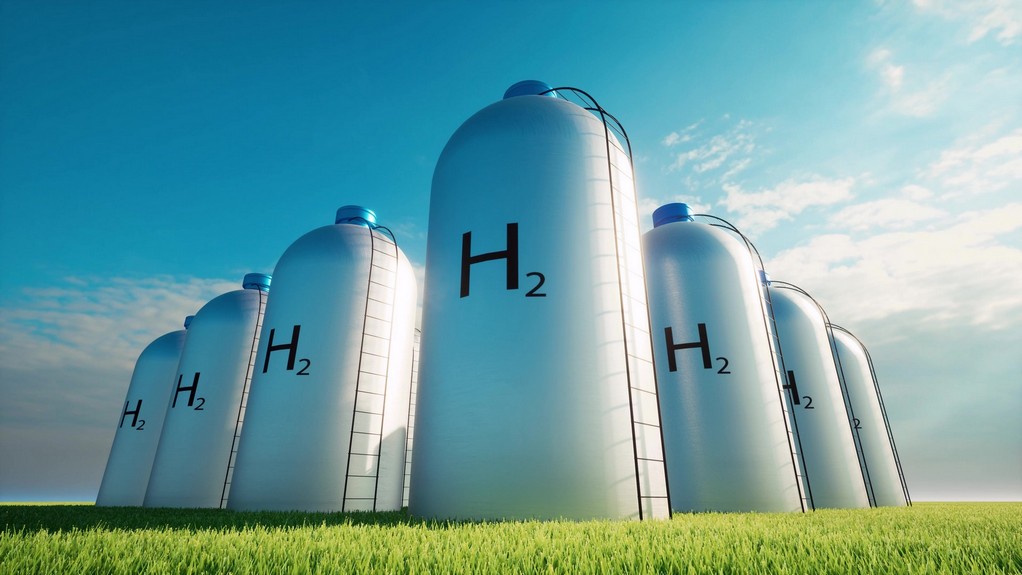Trials running a Bergen gas engine on a blend of green hydrogen and natural gas have been successfully completed at Viscofan, the international meat products processor, at its Cáseda plant in northern Spain. It is the first time a Bergen engine has run with hydrogen in a full-scale industrial application.
The trial confirmed laboratory tests that the engine performs normally in real-life conditions and that Viscofan can potentially save almost 8,000 tonnes of CO2 emissions per year from its operations.
In recent years Viscofan has renewed its co-generation installation in Cáseda with the latest Bergen engine technology which capable of running on natural gas and hydrogen in variable percentages. The objective of the Cáseda trials was to measure efficiency and reliability of the engines in real-time continuous use.
Fuel blending was carried out to reach a mixed value of 15% hydrogen and 85% natural gas in an engine of the Bergen type B36:45L6AG producing 5.5MW of output in combined heat and power (CHP) configuration. To carry out these tests, Viscofan’s managers and cogeneration team had the collaboration of a team of Bergen Engines technicians from Norway and the company’s Spanish subsidiary.
The green hydrogen used was provided by Electroquímicas de Hernani with the support of Nippon Gases in charge of the temporary installation, transport and supply of the gas. A temporary installation of two hydrogen semi-trailers with an approximate capacity each of 4,000 Nm3 of compressed hydrogen at 200 bar, progressively increasing hydrogen flows of 400 Nm3 / h were used.
The use of hydrogen as a fuel significantly and immediately reduces the carbon footprint of the combustion processes, since each cubic meter of natural gas replaced stops emitting 2.15 kg of CO2 into the atmosphere. All this equates to a saving of 63 tons of CO2, equivalent to more than 7,660 tons of CO2 per year.
Tags: Bergen, CO2 Emission, Green Hydrogen, Spain



Recent Posts
New Report Highlights Potential of Voluntary Insetting to Support Maritime Decarbonisation, Calls for Robust Safeguards
Smart Ship Hub achieves industry first with ABS emission reporting
Henkel Rolls Out India’s First Mid-Haul Re-Powered Electric Trucks for Commercial Logistics
Sustainability in Focus at 11th SIAM Automotive Logistics Conclave in New Delhi
L&T Energy GreenTech to Establish India’s Largest Green Hydrogen Plant
JK Srivastava Group and Hynfra Announce $4 Billion Green Ammonia Project in Andhra Pradesh
Andhra Pradesh Unveils Ambitious Green Hydrogen Valley Plan to Lead India’s Energy Transition
South Africa advances plans to decarbonize shipping sector